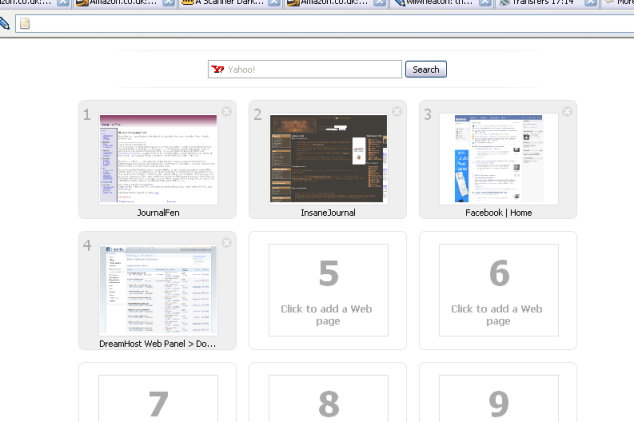From Wired “It’s Time For An RSS Revival“:
The platformization of the web has claimed many victims, RSS readers included. Google Reader’s 2013 demise was a major blow; the company offed it in favor of “products to address each user’s interest with the right information at the right time via the most appropriate means,” as it Google executive Richard Gingras put it at the time. In other words, letting Google Now decide what you want. And the popular Digg Reader, which was born in response to that shuttering, closed its doors this week after a nearly four-year run.
Despite those setbacks, though, RSS has persisted. “I can’t really explain it, I would have thought given all the abuse it’s taken over the years that it would be stumbling a lot worse,” says programmer Dave Winer, who helped create RSS.
It owes that resilience in part thanks to social media burnout. Stankov says search traffic to Inoreader has nearly doubled since 2015, all organically. “RSS readers have not only survived in the era of social media, but are driving more and more attention back to themselves, as people are realizing the pitfalls” of relying too much on Facebook and others, Stankov says.

